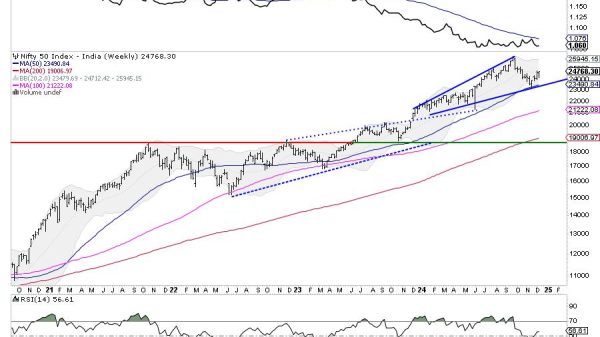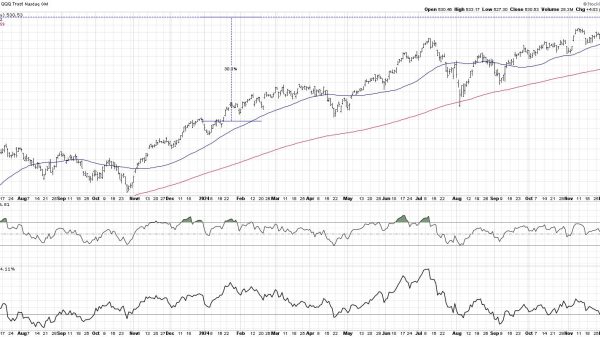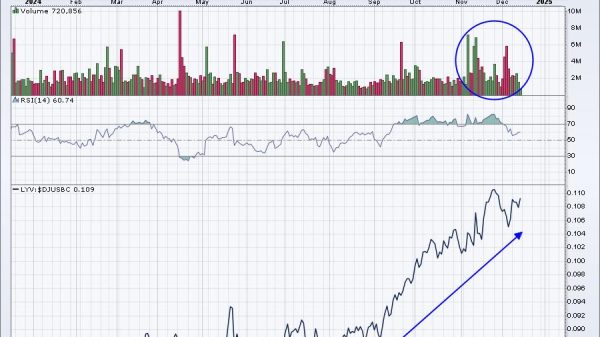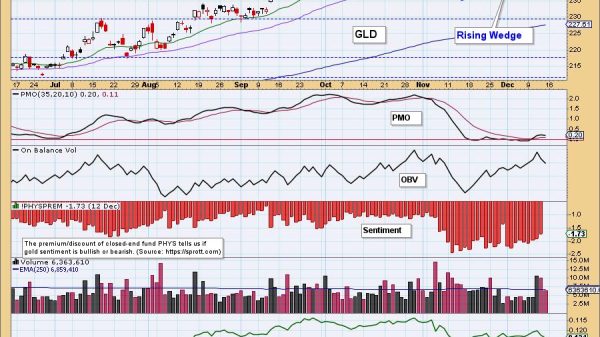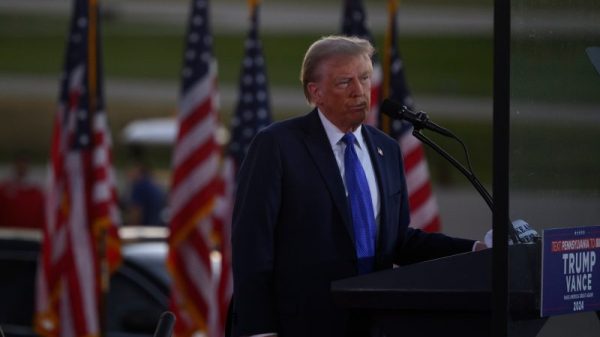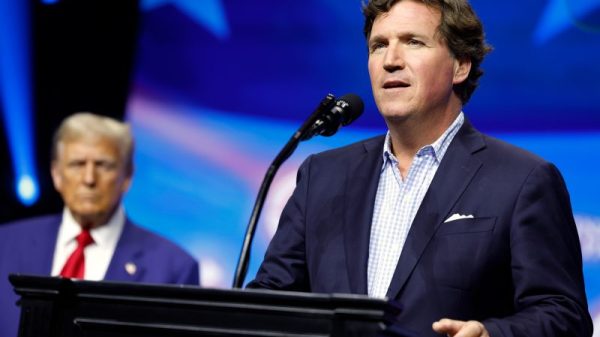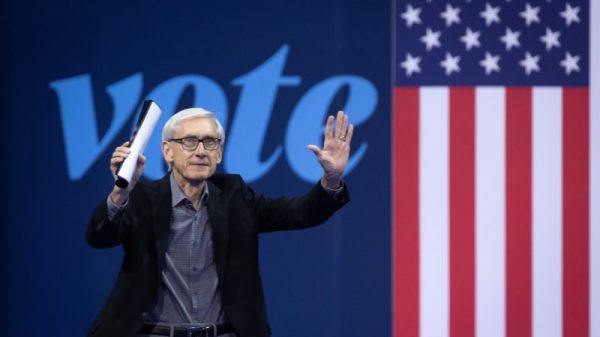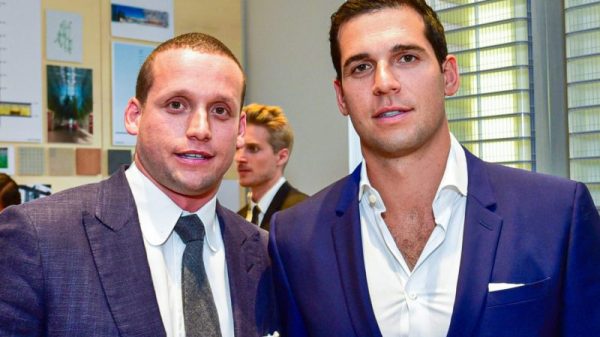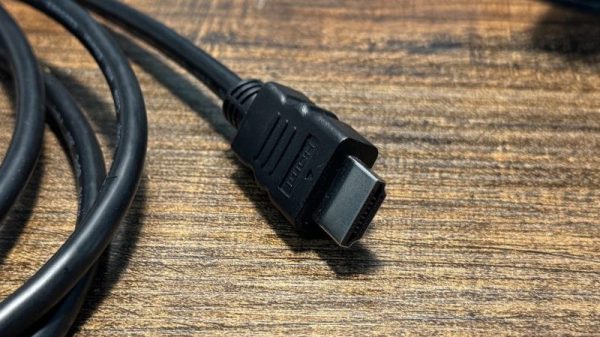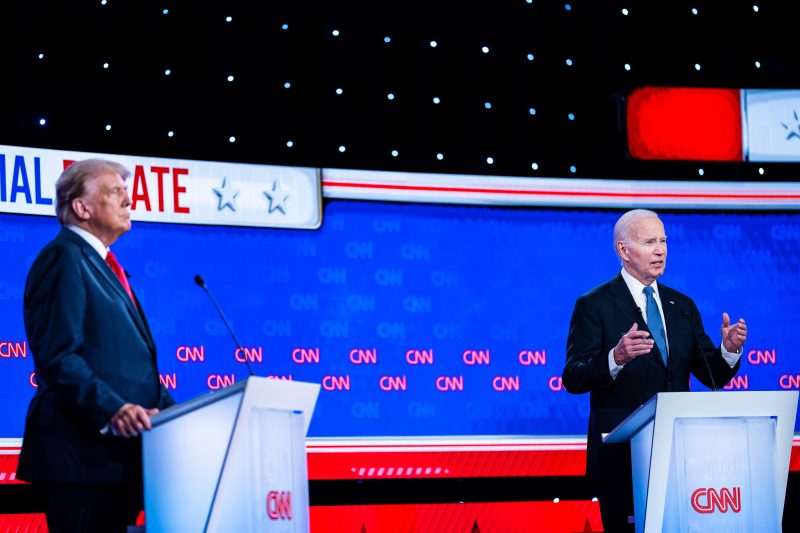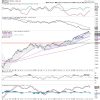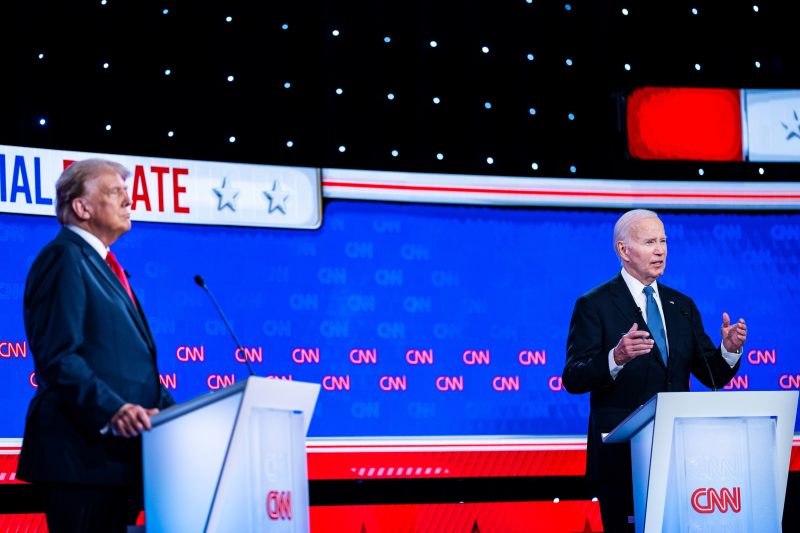
Bob Woodward’s “War,” set to be released next week, is the author and Washington Post associate editor’s fourth book since Donald Trump’s upset victory in 2016.
The new book opens the aperture to reveal how a years-long political contest between Trump and President Joe Biden — and now Trump and Vice President Kamala Harris, the Democratic presidential nominee — has unfolded against the backdrop of cascading global crisis, from the coronavirus pandemic, to Russia’s full-scale invasion of Ukraine, to the escalating conflict between Israel and Iran-backed proxies in the Middle East. At the book’s end, Woodward concludes that Biden, mistakes notwithstanding, has exhibited “steady and purposeful leadership,” while Trump has displayed recklessness and self-interest making him, in Woodward’s estimation, “unfit to lead the country.”
That determination is based on a series of key revelations. Below are some of the book’s main findings. Meanwhile, the Trump campaign issued a statement attacking the book and saying, “None of these made-up stories by Bob Woodward are true.”
1. Trump sent American-made coronavirus tests to Putin
When Trump was president in 2020, he sent coveted tests for the disease to Russian President Vladimir Putin during a crippling shortage in the United States and around the world.
As the book explains, Putin was petrified of contracting the deadly illness. He accepted the supplies but cautioned Trump not to reveal that he had shared them, concerned for the political fallout that the U.S. president would suffer.
“Please don’t tell anybody you sent these to me,” Putin said to Trump, according to Woodward.
Woodward reports that Trump’s reply was: “I don’t care. Fine.”
“War” also suggests that Trump and Putin may have spoken as many as seven times since Trump left the White House in 2021. On one occasion, this year, Trump sent an unnamed aide away from his office at his Mar-a-Lago Club so he could conduct a private phone call with Putin, according to the book.
A campaign official, Jason Miller, was evasive when Woodward asked him about the contact, eventually offering, “I have not heard that they’re talking, so I’d push back on that.”
2. Biden’s profanity-laced outbursts about Putin and Netanyahu
“War” portrays Biden as a careful and deliberate commander in chief, but combustible in private about intractable foreign leaders — especially Putin and Israeli Prime Minister Benjamin Netanyahu.
Biden called Putin the “epitome of evil” and remarked to his advisers, about his Russian counterpart, “That f—ing Putin.”
The intelligence community believed racial animus — namely the idea that Ukrainians were a lesser people than the Russians — was a significant factor in Putin’s designs on Ukraine, as “War” explains. The book quotes Avril Haines, the director of national intelligence, saying of Putin, “He is one of the most racist leaders that we have.”
Biden’s anger toward Netanyahu boiled over in the spring of 2024, Woodward reports, as Biden concluded that the Israeli prime minister’s interest was not actually in defeating Hamas but in protecting himself. “That son of a b—-, Bibi Netanyahu, he’s a bad guy. He’s a bad f—ing guy!” Biden reportedly told advisers.
3. Harris’s two-track approach with Netanyahu
Harris delivered high-profile remarks after a July face-to-face meeting with Netanyahu, shortly after she became the presumptive Democratic nominee for president. She seemed to separate herself from Biden’s approach to Israel’s war in Gaza by speaking forcefully about the costs of the military campaign and pledging to “not be silent” about Palestinian suffering.
Her public tone surprised, and infuriated, Netanyahu because it marked a contrast with her more amicable approach during the private conversation the two had shared, Woodward reports. The book quotes the Israeli ambassador in Washington, Michael Herzog, saying: “She wants to be tough in public. But she wasn’t as tough privately.”
The episode is one of several in the book about Harris, who appears as a loyal No. 2 to Biden but hardly influential in major foreign policy decisions.
4. Frantic de-escalation in the face of possible Russian nuclear use
Woodward details some of the stunning intelligence capabilities that allowed Washington to foresee Russian plans for an all-out war against Ukraine in early 2022, including a human source inside the Kremlin.
This insight, however, got the Biden administration only so far as it sought to foreclose Russia’s nuclear option. In the fall of 2022, that option seemed like a live one, as U.S. intelligence agencies reported that Putin was seriously weighing use of a tactical nuclear weapon — at one point, assessing the likelihood at 50 percent.
An especially frantic quest to bring Moscow back from the brink came in October of that year, when Russia appeared to be laying the groundwork for escalation by accusing Ukraine of preparing to detonate a dirty bomb. Defense Secretary Lloyd Austin flatly denied Russia’s accusations in a phone call with the Kremlin’s defense minister, Sergei Shoigu. Jake Sullivan, Biden’s national security adviser, instructed Ukrainian President Volodymyr Zelensky’s team to summon the International Atomic Energy Agency to absolve themselves immediately. And Biden called out Russia’s apparent scheme publicly while privately leaning on Chinese President Xi Jinping to emphasize to Putin the dire consequences of nuclear use.
5. The pervasive influence of the Saudi crown prince
Saudi Crown Prince Mohammed bin Salman, known by his initials MBS, is not a major figure in the book but looms large at critical junctures, with key assessments of him delivered by Democrats and Republicans alike.
Mohammed, currently the prime minister of Saudi Arabia, matters greatly as the de facto ruler of the Arab world’s wealthiest country. He cultivated close ties to Trump, who made Riyadh his first foreign stop as president. So, too, he has been crucial to matters of significant interest to Biden, especially oil supplies and the prospects of normalized relations with Israel.
Woodward summarized Secretary of State Antony Blinken’s perception of the crown prince this way: “MBS was nothing more than a spoiled child.”
One of the Saudi royal’s important interlocutors has been Sen. Lindsey Graham (S.C.). The Republican senator kept Biden’s aides apprised of Mohammed’s perspective on the possible normalization of relations between Saudi Arabia and Israel, according to Woodward, and also kept the gulf leader in communication with Trump. During a March visit to Saudi Arabia recounted in the book, Graham proposes to the crown prince that they call the Republican presidential candidate. Mohammed proceeds to conduct the conversation over speakerphone.
On an earlier trip, Graham had asked the crown prince to contact Sullivan, so the senator could inform them both about a discussion with Netanyahu.
“Hey, I’m here with Lindsey,” the Saudi royal reportedly announced to Sullivan over the phone.

